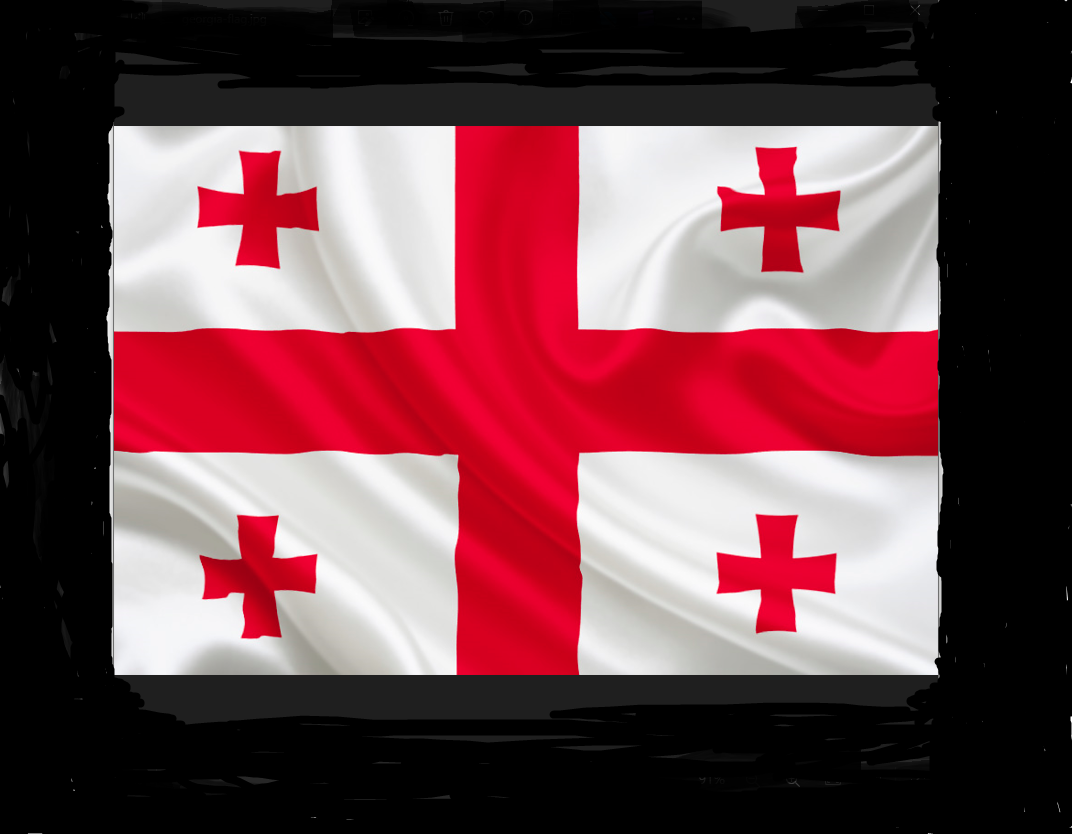A change in legislature has caused quite a stir in Georgia. People have been mobilized to take to the streets. A lot of people. (Georgia has a lot of non-government organizations supported from abroad, you know.) Mainly young, as is usual where pressure is exerted by the managers of the world to make a government cave in. What is this law that has sparked such internal turmoil? It is a law about the media and non-government organizations which now will be required to make public the information if they are paid by foreign entities to the amount surpassing 20% of their budgets. Let it sink in: such media and NGOs are not going to be banned: they will only be required to admit the fact of foreign financing. What’s wrong with such a law?
Yes, you guessed it right. It is undemocratic and against all the liberties. How can a government of a country demand that non-government organizations state it openly that they are financed from abroad? How can a government of a country dare to know such irrelevant details about the media and the non-government organizations operating within the country’s borders? Why should a government of a country want to know such insignificant details?
If you are groomed by the Western mass media, then you are going to agree with what has been said above. Or maybe you are going to have second thoughts, anyway?
The interesting part of the whole event is that the new law drafted in Georgia is for all practical purposes a copy of the 1938 law that was passed in the United States. The American administration somehow wanted to know and wanted all the citizens to know which of the organizations were financed by foreign agents. Why what was good in the case of the United States is wrong in the case of Georgia? Probably because the United States is a democracy the likes of which the world has never seen and is not likely to see in the future, while Georgia – well – Georgia needs to learn what democracy is all about.
Georgia’s president – Salome Zourabichvili – holds… French citizenship (and Georgian, by the way) and was born and raised in France, so naturally she is in favour of preserving democracy in the country that she is in charge of. Where did she learn what democracy is all about? Why, in France, of course. She knows better, does she not? She has vetoed the draft bill about foreign agents as it is called, but on May 18 Georgia’s parliament overrode her veto. CNN – a beacon of democracy – has said in one of its headlines that the foreign agents bill is “Kremlin-styled”, admitting in the same headline that Georgia’s parliament “defied Western pressure.” The same CNN duly reports that Natalie Sabanadze, Georgia’s former ambassador to the EU, said that the Georgian government “is siding with the Putinist, anti-liberal forces of the world.” How otherwise?
The ultimate culprit is always and invariably one and the same man: Putin. The world is simple as a plot in a morality play: Joe Biden is god, Western leaders are his archangels (the United Kingdom, France, Germany, Italy), and angels (the lesser countries) or saints (very small vassals, the likes of the Baltic States); Vladimir Putin is Satan with his devils (leaders of China, Iran, Korea, Belarus), while the world is the scene where Armageddon is being played out. Georgia happens to be torn between the gods and the devils, Georgia happens to be a tug of war between the good and the bad fairies.
Georgia’s law on the Transparency of Foreign Influence is construed by the West (by the good guys) as stigmatizing such media and non-government organizations that are financed by foreign agencies. You see, each phenomenon can be viewed from two opposing vantage points. What one party to the conflict (the bad guys) labels transparency, the other calls it stigmatization. That’s the question of whether the glass is half full or half empty. Is the 1938 Foreign Agents Registration Act passed in the United States (mentioned above) an instrument enabling transparency or stigmatization? Since we know that the United States is the beacon of democracy the likes of which the world has not see and is not likely to see anytime soon, we may be sure that in this case transparency was intended. It’s quite the other way round with a similar bill drafted in Georgia: that one is all about stigmatization and… Putinism. I hope you agree.




